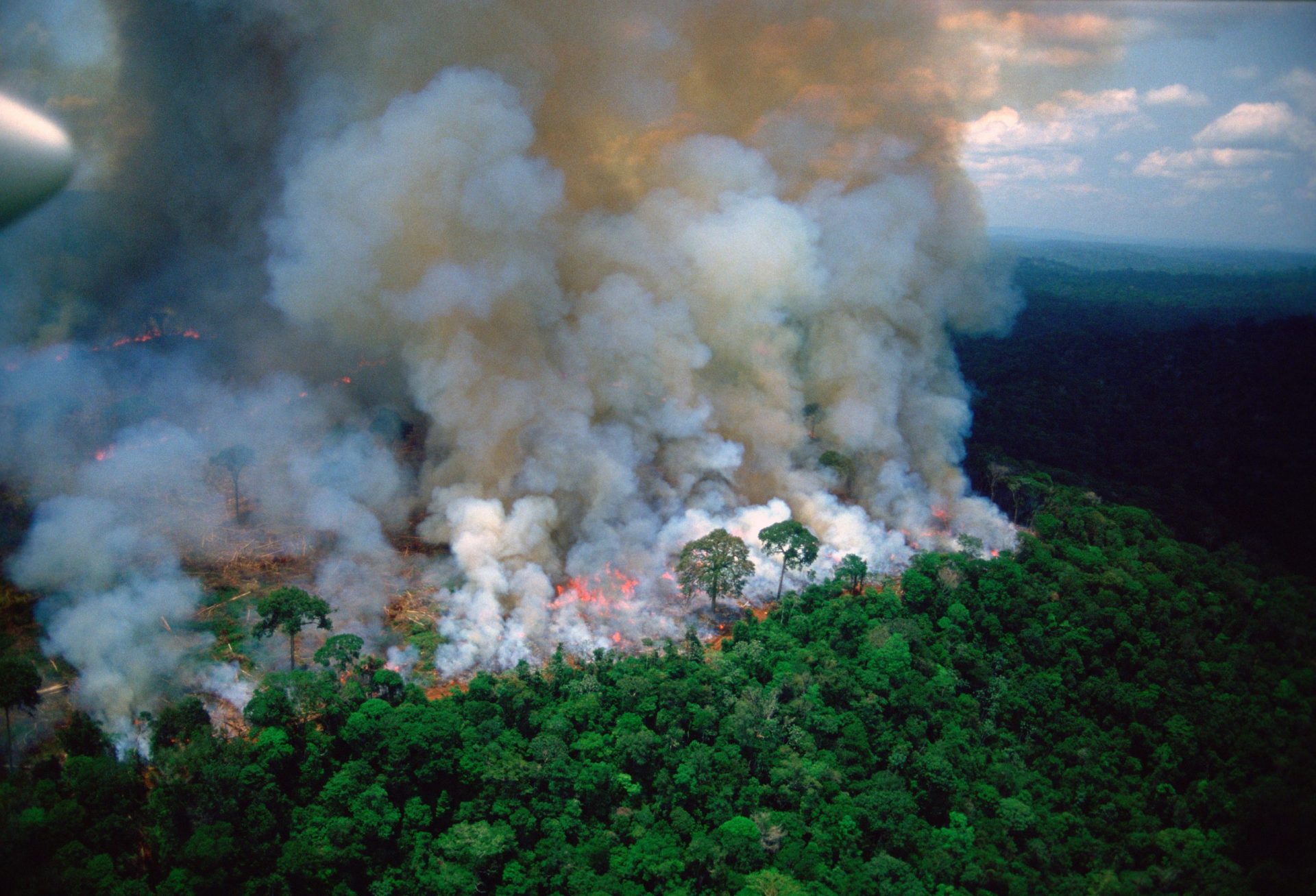IPBES Report 2019: Indigenous Knowledge Key in Protecting Natural World
The new Intergovernmental Panel for Biodiversity and Ecosystem Services (IPBES) report is the first global assessment ever to systematically examine and include local and indigenous knowledge. It’s about time.
- Three-quarters of the land-based environment and about 66% of the marine environment have been significantly altered by human actions. On average these trends have been less severe or avoided in areas held or managed by indigenous peoples and local communities.
- Recognizing the knowledge, innovations and practices, institutions and values of indigenous peoples and local communities and their inclusion and participation in environmental governance often enhance their quality of life, as well as nature conservation, restoration and sustainable use, which is relevant to broader society.
- Governance, including customary institutions and management systems, and co-management regimes involving indigenous peoples and local communities, can be an effective way to safeguard nature and its contributions to people, incorporating locally attuned management systems and indigenous and local knowledge.
Knowledge is passed down and enriched by rainforest communities, making them powerful stakeholders in a rapidly changing climate where species loss is going to cause catastrophic irreversible damage. As they interact with nature and manage resources that contribute to society at large, the valuable traditional knowledge possessed needs to be recognised in order to tackle adverse environmental issues ahead.
But the 350 million people living in the world’s rainforest are also the first to suffer directly from the pressures of mining, logging, palm oil production and even conservation that doesn’t put the rights of local people at its core.
For too long, indigenous-led conservation has been ignored in favour of top-down conservation schemes. Cool Earth was created to put local people at the heart of rainforest conservation, relying on local knowledge to achieve success.
Rainforest communities are often better placed than scientists or governments to provide detailed information on local wildlife loss or environmental change. Empowered rainforest communities can be the most powerful conservation force we have.
As research has long warned, climate change is already causing damage and disruption around the globe. While others make tentative plans for preparing for climate breakdown, the world’s poor, those who are least responsible for global man-made emissions, will suffer from a range of climate-related issues.
Food security
Droughts and flash flooding are influencing crop production around the world. Reducing crop yields forces prices up, availability down and places further stresses on water supplies.
Extreme weather
Extreme weather events are increasing in both frequency and severity due to climate breakdown. Hurricanes will grow in number and severity as sea-temperatures rise around the tropics.


Sea level rise and ice loss
With dramatic and consistent reduction in the extent of ice at the Poles, the melting is adding to sea level rise. This reduction in habitat is changing global weather systems and forcing wildlife to different areas in search of food.
Ocean acidification
As oceans absorb excess carbon dioxide, they are becoming more acidic. In turn, entire marine ecosystems are at risk as coral reefs are bleached and unable to regrow.
Rainforest fires
As rainforest dries out, fires are increasingly common and uncontrollable. It’s a carbon double whammy; carbon stored in trees is released and there is less rainforest to mitigate carbon levels.


Amazon rain forest afire.
Health
With warmer temperatures, diseases borne by insects are set to increase. Climate change is projected to cause round 60,000 additional deaths from malaria per year between 2030 and 2050.
Many of the world’s poorest live in equatorial regions, which already have high average temperatures. This means that even a small rise in temperature will be keenly felt and have harsher impacts, according to a 2018 study.
If global average surface temperatures reached the 1.5 C limit set by the Paris Agreement, countries like Indonesia or the Democratic Republic of the Congo will feel the changes brought on by global warming greater than higher latitude countries like the UK.
Cool Earth is not only working to reduce the impacts of deforestation on climate change, it also works alongside rainforest communities to increase their resilience to climate threats.
With historical responsibility for emissions lying within the developed world, it is our moral imperative to support rainforest communities to help themselves, now and in the future.
